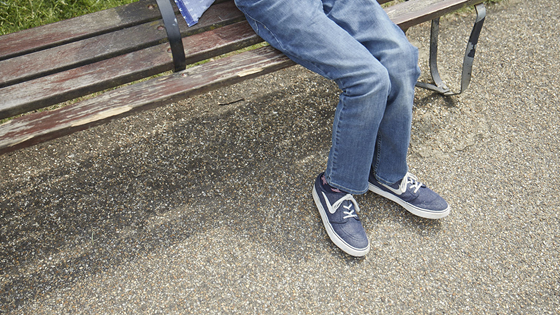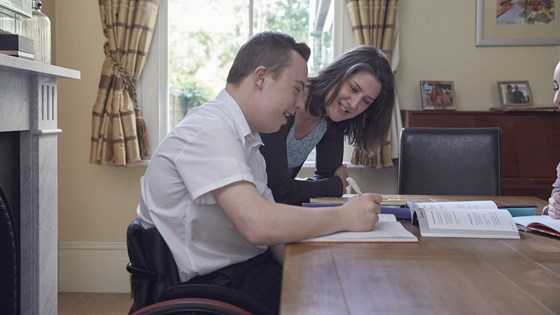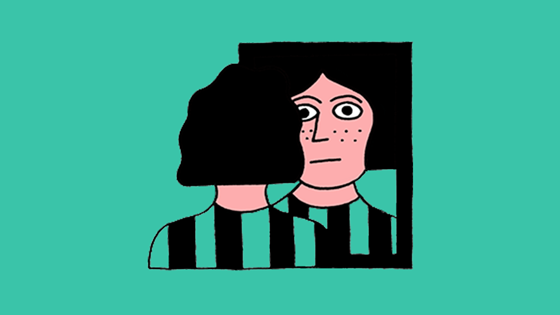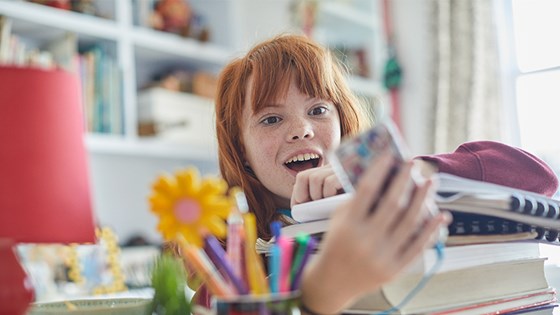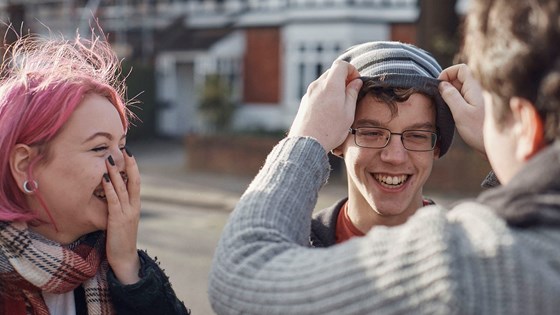Helping someone else
If you’re worried about a friend or someone you know, it can help to talk to them about it. Remember that someone might not feel able to share how they’re feeling or what’s happening, but showing that you care can make a big difference.
Even if someone won’t talk to you, it can help to encourage them to tell a trusted adult, or talk to us about what’s happening.
Remember, if you’re ever worried about someone’s safety then it’s important to get help. In an emergency you can always call 999, but you can also talk to Childline about anything you’re concerned about.


